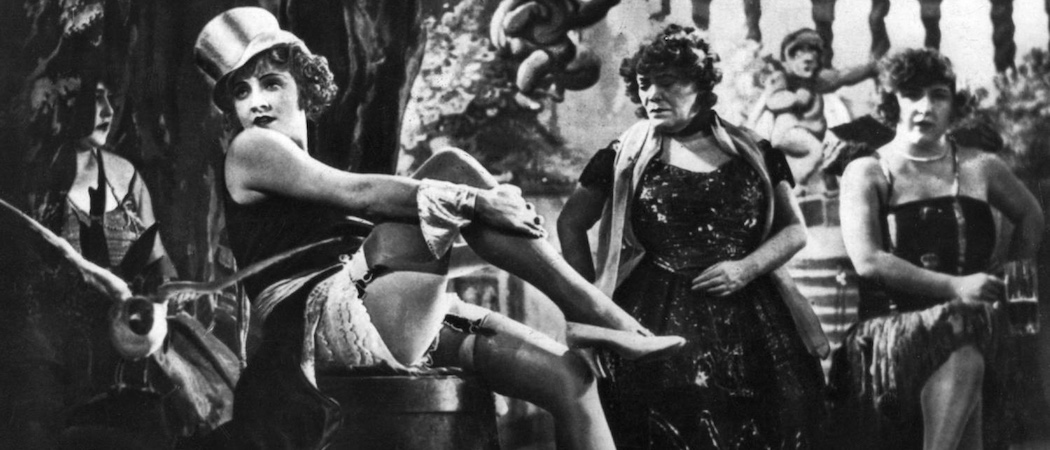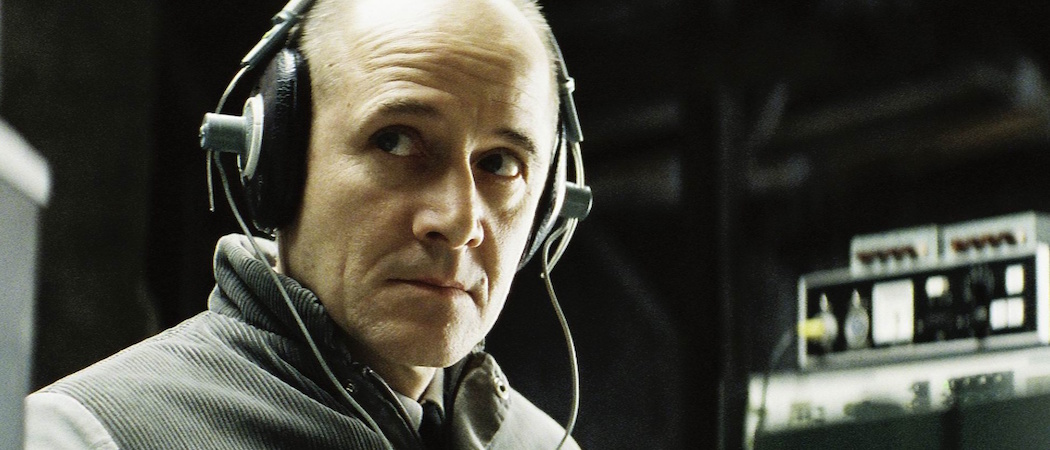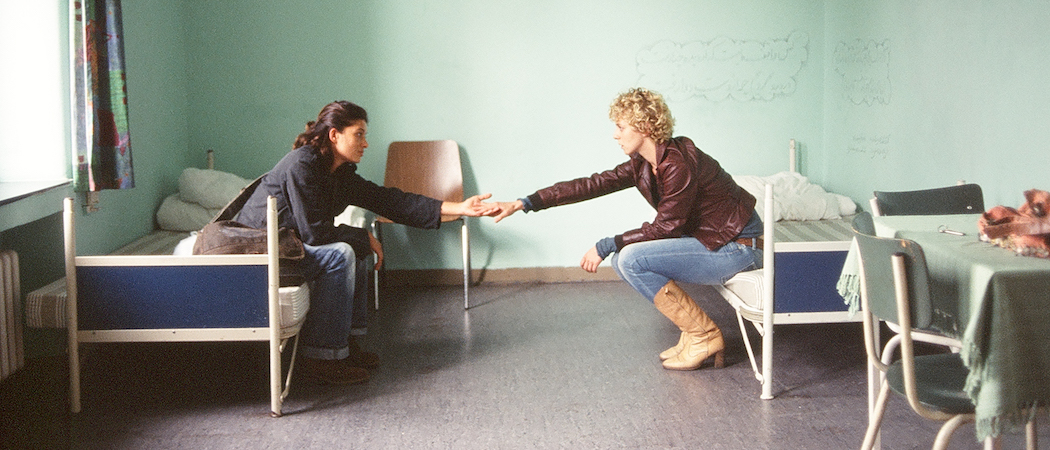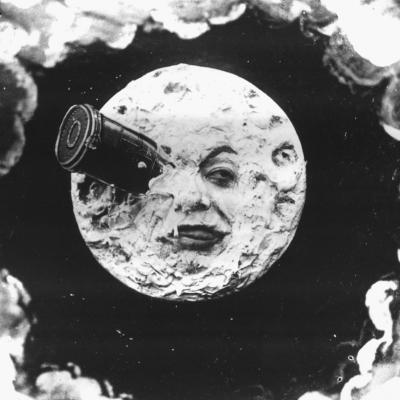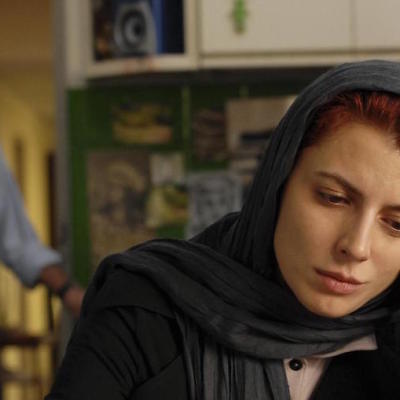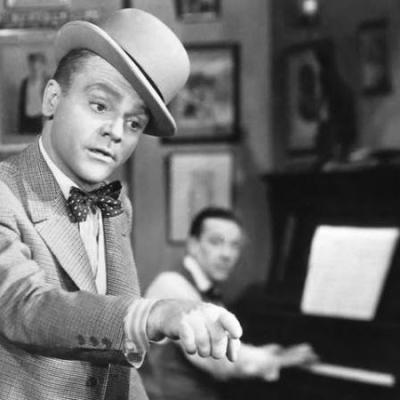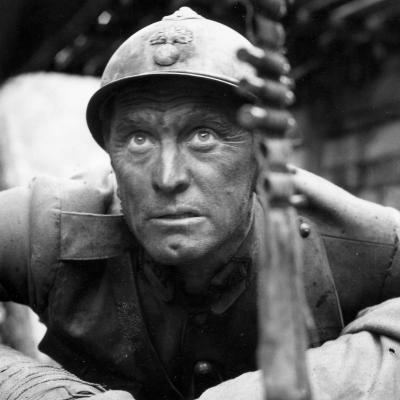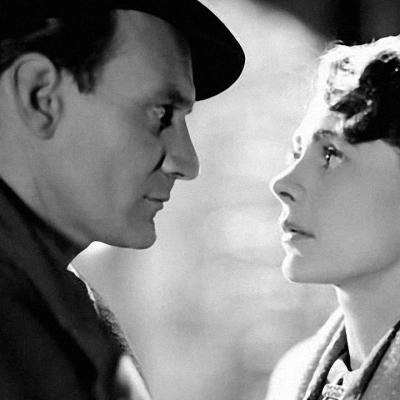Today, September 19, marks the first day of Oktoberfest for 2015. For most people outside of Germany, Oktoberfest is the closest they’ll come to celebrating German culture and history, with beer, lederhosen, sausages and sauerkraut. Another way to soak up some German culture is through some fantastisch German films.
Germany is one of the birthplaces of cinema as we know it today, with many of the world’s most acclaimed filmmakers, including Fritz Lang, F.W. Murnau, Wim Wenders and Werner Herzog hailing from there. From the odd geometries of German expressionism, to Leni Riefenstahl’s powerful propaganda films, to the refined austerity of the New German Cinema of the 1970s and the many films that explore the country’s troubled past, German cinema is a rich and fulfilling experience.
Metropolis (1927)
Fritz Lang’s Metropolis is among the most well-known science-fiction films ever made. Coming at the tail end of the silent era, it has an intensity and nuance that is relatively uncommon in silent cinema. The futuristic tale tells of an uprising; led by a robotic messiah, the oppressed underclass who live below the city and toil day and night rise up and attempt to take back their lives. It’s approaching 90 years old, but the special effects are still jaw-dropping, as are the angular, choreographed movements of many of the actors. Just a few years ago, a full print of the movie was recovered, and it has been fully restored to the full 150-minute version that was previously thought lost.
The Blue Angel (1930)
Perhaps the greatest icon of German cinema is Marlene Dietrich. In The Blue Angel she stars as Lola-Lola, a cabaret singer who performs at the nightclub Der Blaue Engel. Hoping to catch some of his students at the club, local teacher Immanuel Rath heads to the nightclub, where he is immediately drawn to Lola. Driven mad with desire, Rath does whatever it takes to win her love, and ultimately loses his dignity. Part of what makes The Blue Angel so revolutionary is its frank sexuality, and the way in which it combines the racier elements of the tale with a genuinely moving story. The key moment is when Dietrich sings her signature song “Falling in Love Again” and every heart in the audience breaks.
Ali: Fear Eats the Soul (1974)
After a lengthy quiet period following the outbreak and aftermath of the Second World War, the German film industry did not truly find its feet until the early 70s, when a group of bold filmmakers arrived with a brand new cinematic voice. One of the finest films of the New German Cinema movement is Rainer Werner Fassbinder’s Ali: Fear Eats the Soul, a quiet, contemplative film inspired by the classic American melodrama All That Heaven Allows. Lonely, elderly cleaner Emi (Brigitte Mira) meets Moroccan immigrant Ali (El Hedi Ben Salem) at her local pub, and despite the huge difference in age and class, the two begin a tender romance. Beset by prejudice on all sides, this sad, autumnal film explores the dynamics of race in the face of a society that does not (or refuses to) understand them.
The Lives of Others (2006)
This intriguing spy drama is one of the most morally complex films ever, German or otherwise. Beginning in East Germany in 1984 (a year that seems very significant given the subject matter), which at the time was in the vice grip of Stasi, the film tells the story of Stasi Captain Gerd Wiesler (the late Ulrich Mühe) who takes on the task of monitoring famed playwright Georg Dreyman (Sebastian Koch), in the interests of discovering subversive leanings. This slowly unfolding tale of lies and deceit is not only politically powerful, but emotionally involving too. The transformation that Wiesler – the blindly dedicated servant to a corrupt cause – goes through throughout the film is remarkable, and makes this a truly original work of cinema.
The Edge of Heaven (2007)
In his masterpiece, Turkish-German director Fatih Akin explores the trials of immigrants in Germany by weaving together several interconnected stories. The Edge of Heaven is a nuanced look at contemporary Germany, and the fabric of intersecting lives that make up its diverse society. With three distinct tales and six central characters (two German and four Turkish), the film creates a bridge between cultures – between people of differing social status and background – and between different generations. Using a multi-layered structure and gorgeous visuals, The Edge of Heaven takes the everyday lives of Germany’s inhabitants and makes them beautifully cinematic and profoundly poignant.

